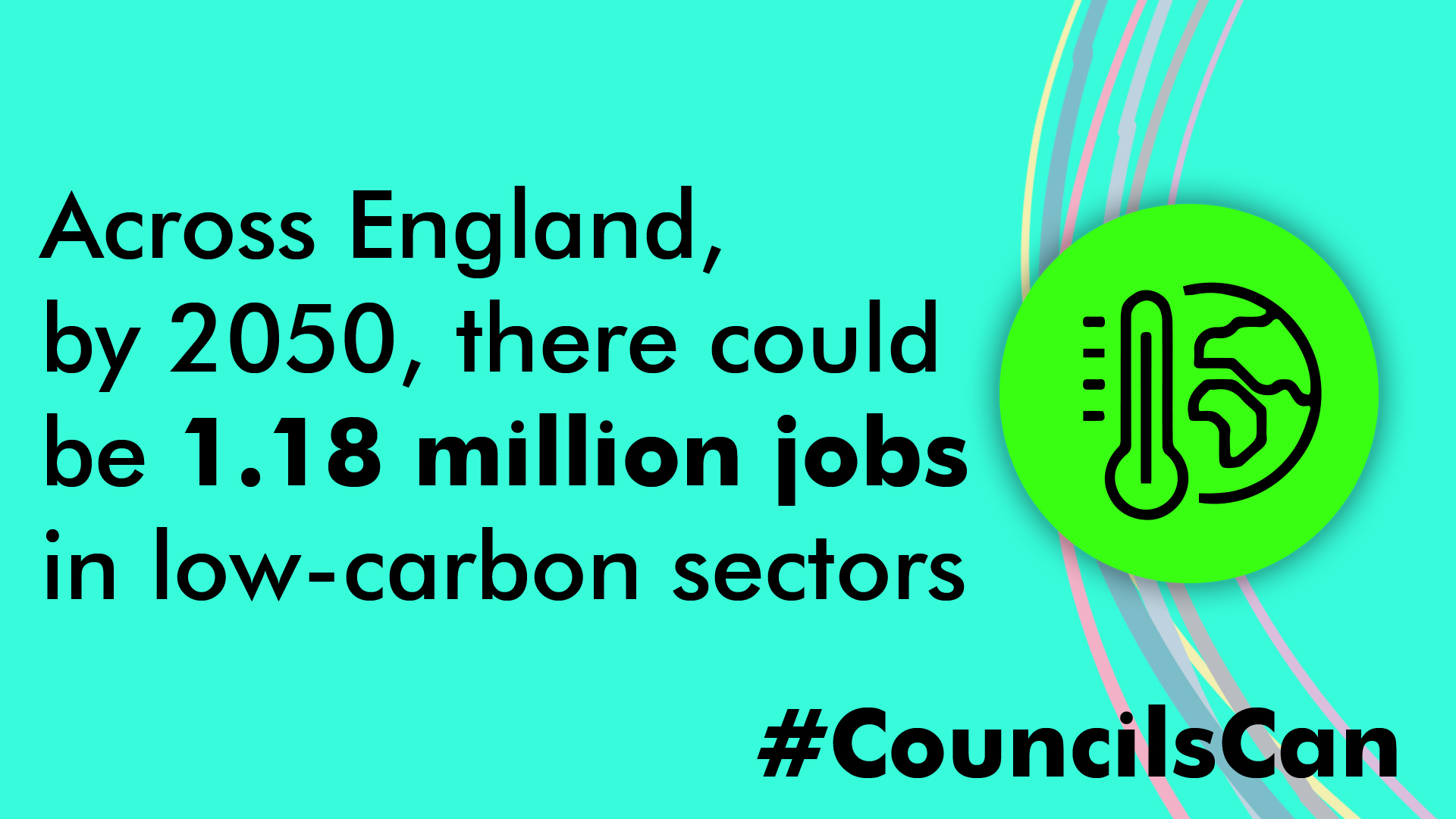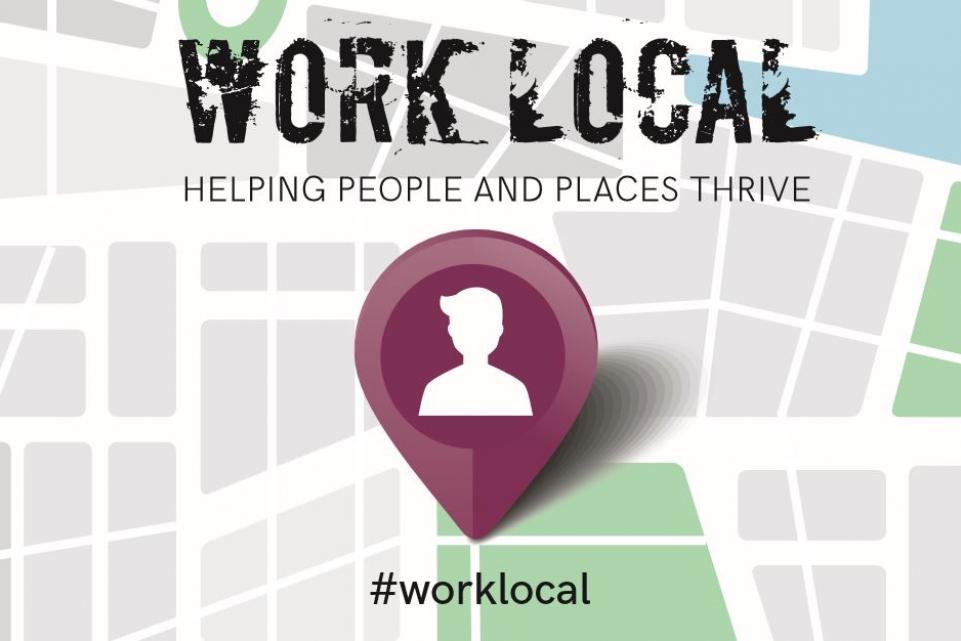In 2018 there were 185,000 full-time workers in England’s low-carbon and renewable energy economy. In 2030 across England there could be as many as 694,000 direct jobs employed in the low-carbon and renewable energy economy, rising to over 1.18 million by 2050.
In the context of the current COVID-19 crisis, this web hub can be used by local areas as a framework when planning for recovery as it demonstrates the low-carbon and renewable energy sectors with the greatest employment and growth potential.
Investment in the low-carbon economy has increased in recent years driven by rising concern about climate change from scientists, policymakers, and activists, and a recognition of the economic opportunities that new technologies and services will provide. The pace of change in the UK economy will need to quicken if net zero is to be achieved by 2050. This mid-century target will require close to 28 million homes and the premises of 6 million businesses to change the way they use energy via the installation of energy efficient lighting and measures, microgeneration, and heating systems that produce next to no greenhouse emissions.
To deliver the substantial change needed in the UK economy by 2050, local government will play a key role in facilitating technology transitions in homes and businesses, informing constituents, supporting local businesses and the upskilling of the local workforce. Whilst the raft of national and local government net zero targets will drive demand for low-carbon goods and services over the coming years, it’s crucial that there is a workforce in place to deliver the change needed by 2050.
In collaboration with Ecuity Consulting, the Local Government Association has published research which considers the projected net zero jobs and the associated skills demands across England by 2030 and 2050. Accompanying this report is a dataset which includes the results of the employment projections made by low-carbon sub-sector, local authority and across two time-periods (2030 and 2050).
It is important local areas understand the skills gaps that will emerge within each low-carbon sector and, as a result, the opportunities for reskilling the workforce. The report comments on key areas of skill level gaps for each sector such as, within low-carbon heat, a skills gap to meet increasing demand will be in the design, specification and installation of heat pumps with new jobs requiring NVQ level 2-3 qualifications. Within consultancies and financial services (part of low-carbon services), highly skilled (NVQ level 4+) demand is ongoing and required to ensure service sector organisations can exploit emerging opportunities.
A full copy of the report is available to download.
A interactive report showing the low-carbon employment projections by local authority area is available in LG Inform, the LGA’s data platform.




